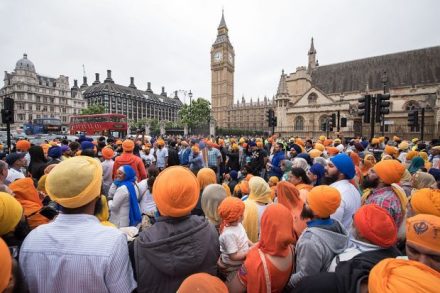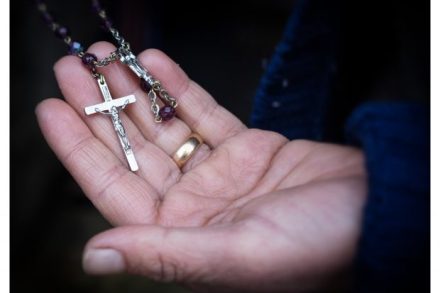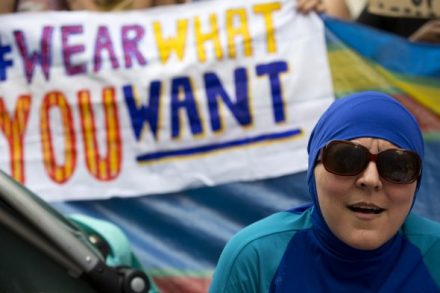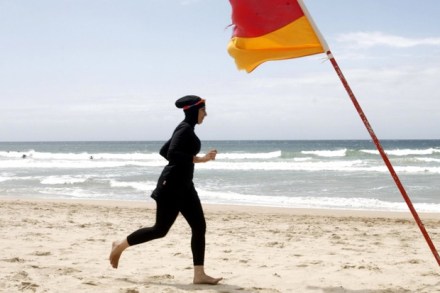Identity crisis | 27 October 2016
You may not listen to them every year. Or even to every lecture in the current series. But the survival of the annual Reith Lectures on Radio 4 from the old days of the Home Service and Radio 3 (they were established in 1948 to honour what Reith had done for the corporation) is crucial to the existence of the BBC. Strictly Come Dancing and The Fall might pay the bills in overseas sales (not that a lecture series, no matter how costly to stage, edit, produce and broadcast, is a great burden on the licence fee) but without the Reith Lectures, perceptively chaired by Sue Lawley, it would be



















